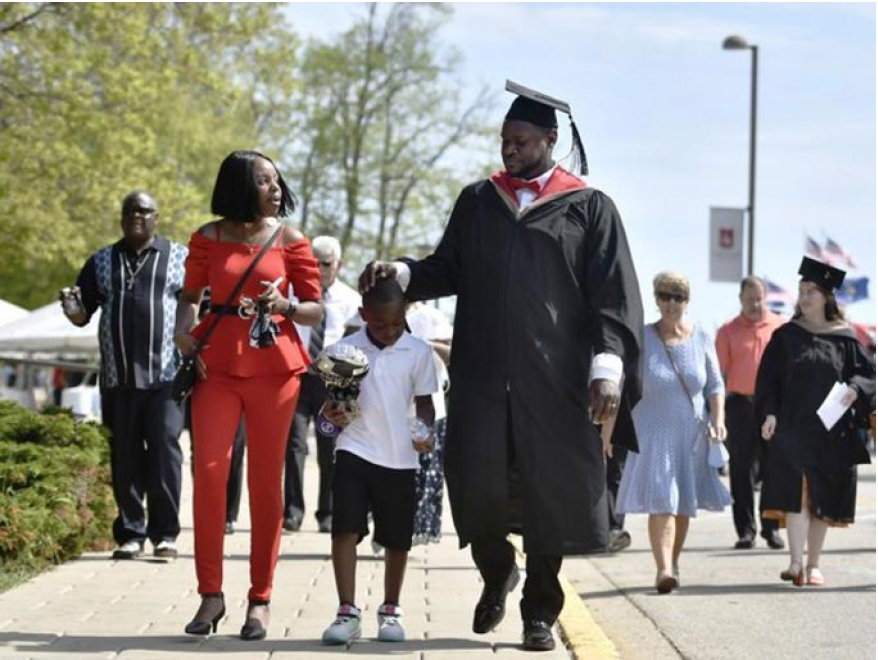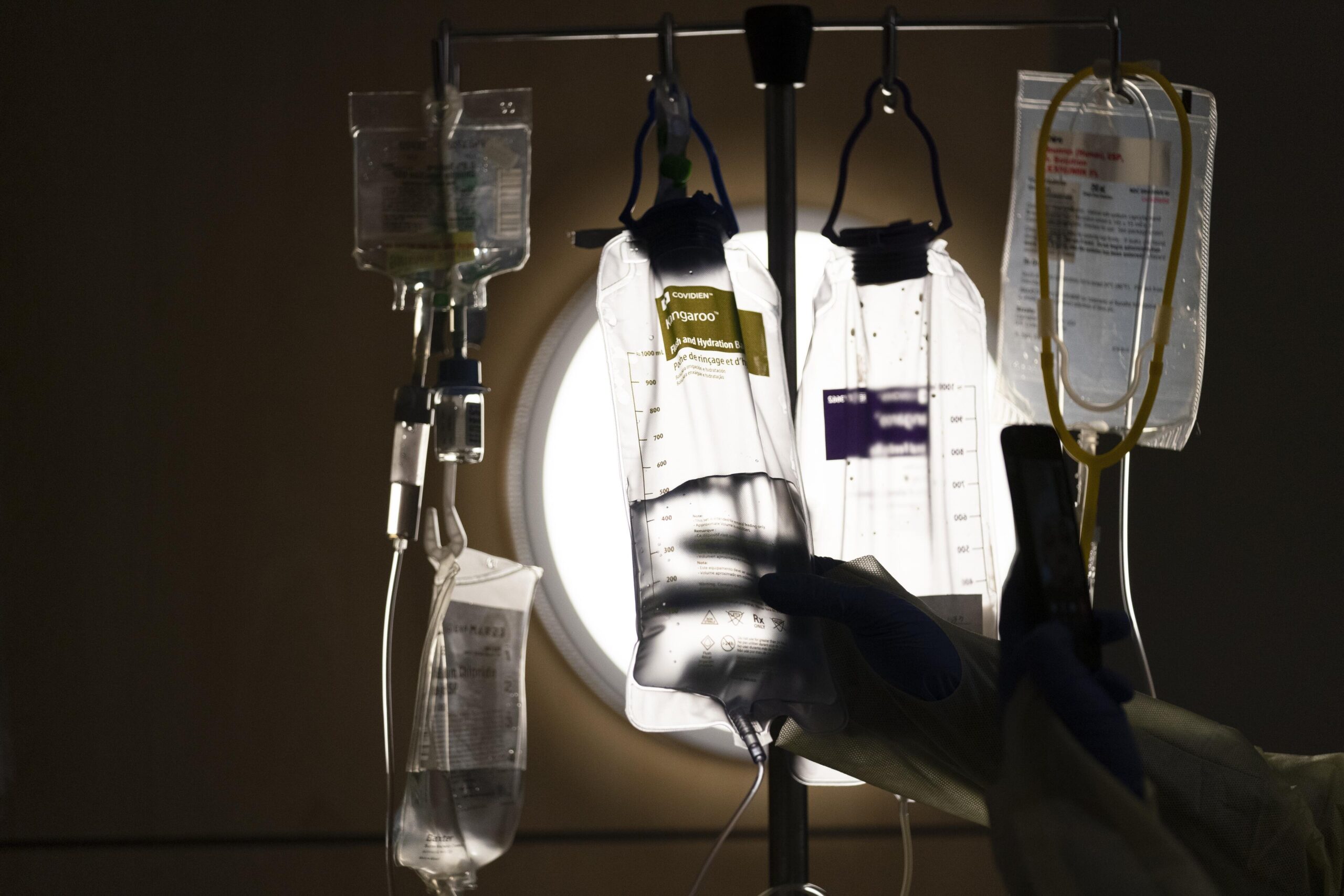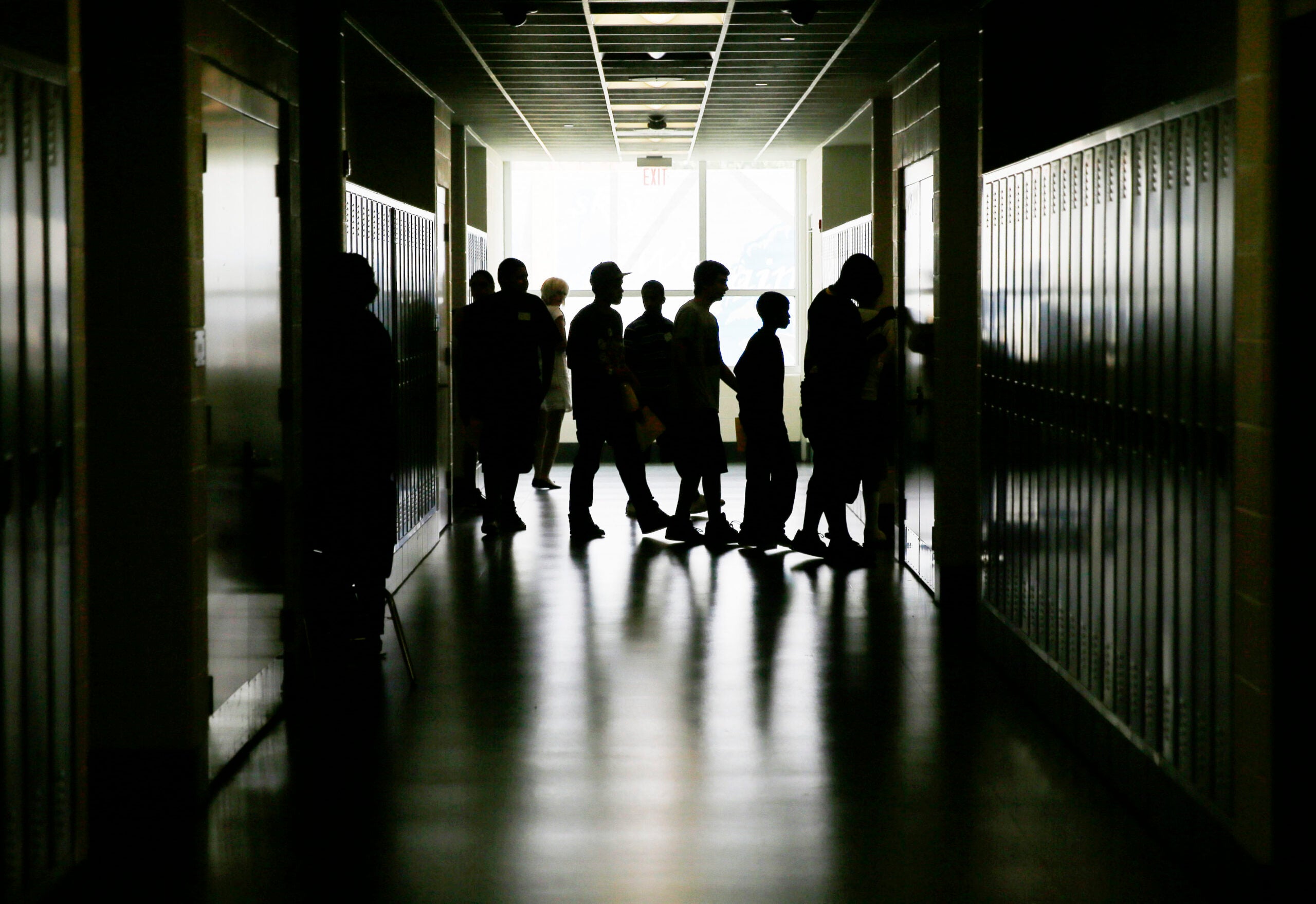More men are staying home with kids and bucking traditional gender roles, but our guest says the “tough guy” stereotype is a hard one to break. An educator and writer talks about his experiences teaching men to be emotionally honest. We also recap the biggest stories from around the state this week, and discuss Governor Walker’s replacement process for retiring Supreme Court Justice David Prosser.
Featured in this Show
-
How America's Picture Of Masculinity Negatively Affects Boys
Violence, poor school performance and loneliness are just some of the negative effects linked to the traditional masculine culture has on boys in the U.S., according to some psychologists.
Pew Research Center finds young men are falling behind women in academic performance and they’re more likely to commit suicide than their female counterparts.
Niobe Way, a professor of applied psychology at New York University, said American culture is a major culprit.
“We’ve constructed masculinity so it’s something that doesn’t entail emotional vulnerability or relationships, so it’s a pretty lonely image,” said Way. “It’s American masculinity that puts the pressure on boys to not sound like girls.”
Way said it’s a common misconception to think boys are wired differently and have fewer emotions than girls. However, during her 25 years as a counselor and psychologist, she said she found young boys have the capacity to share emotions and form relationships as well as anyone.
“All parents will tell beautiful stories about their sons and daughters that say beautiful, honest, open things about the world,” said Way. “And then we squash it because we somehow give it a gender rather than saying it’s a human thing.”
The pressure to squash emotions can have obvious consequences. According to Way, right around the time that boys reach the age of 15 and start to disassociate from their feelings, men become five times more likely than women to commit suicide. She also notes that young men between the age of 16 and 22 account for the majority of mass killings in the U.S.
Despite the negative consequences of this societal pressure to “man up,” Way said her findings give her hope.
“This shows that this is a human capacity that we squash, rather than it not existing from the start,” said Way. “The goal is to nourish these behaviors from the beginning, and have conversations about emotions and relationships, which can help boys hold onto their emotional intelligence.”
Way said she encourages parents, teachers and mentors to have serious conversations with boys and also to act as models to show them it’s ok to have emotions. She said it’s these connections and efforts that help boys grow into healthy, thriving adults.
-
State News Roundup For April 29, 2016
A shooting at a northern Wisconsin high school made headlines nationally this week, and has created a discussion on bullying and mental health. A state news editor joins us to talk about the story, and other major events that happened in Wisconsin this week.
-
Gov. Walker Seeks Applications For Prosser Replacement
Governor Scott Walker announced that he is seeking applications to replace Wisconsin Supreme Court Justice David Prosser, who announced this week that he is retiring. We’ll talk with a legal expert about the replacement process and what to expect.
-
The Growing Need To Teach Men To Be Emotionally Honest
As young men continue to fall behind their female counterparts in college enrollment and performance, psychologists are calling for more resources to teach men “emotional honesty.” Our guest makes the case for providing more resources to mental health services for young men.
Episode Credits
- Rob Ferrett Host
- Veronica Rueckert Host
- J. Carlisle Larsen Producer
- Matt Oleson Producer
- KP Whaley Producer
- Niobe Way Guest
- Rob Mentzer Guest
- Tim Dale Guest
Wisconsin Public Radio, © Copyright 2025, Board of Regents of the University of Wisconsin System and Wisconsin Educational Communications Board.





